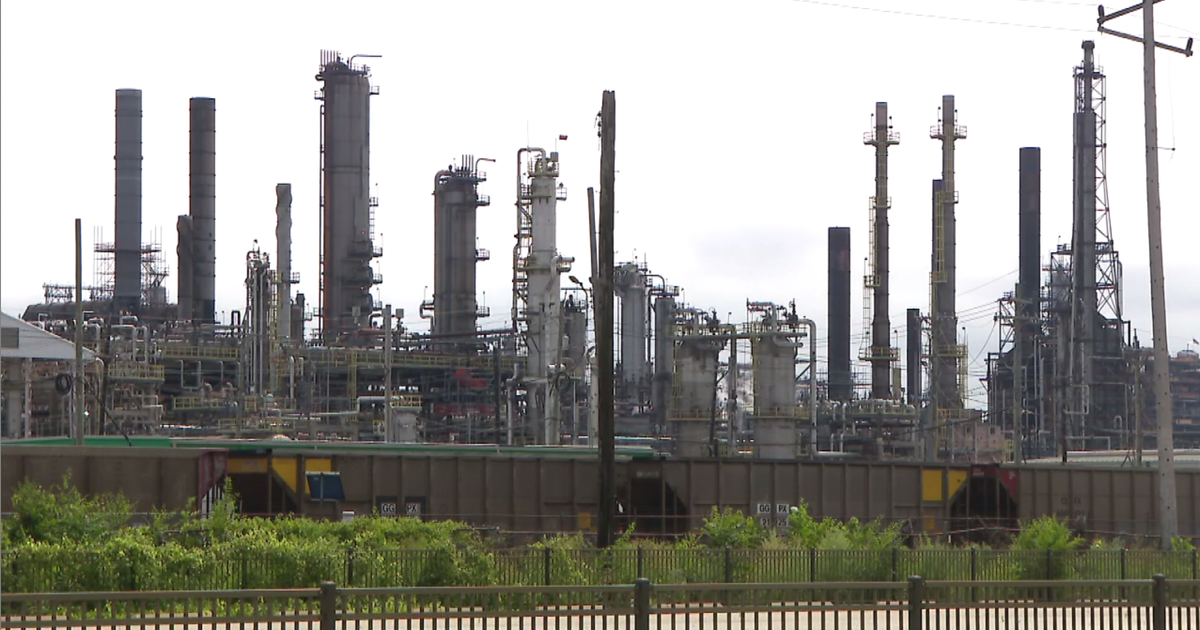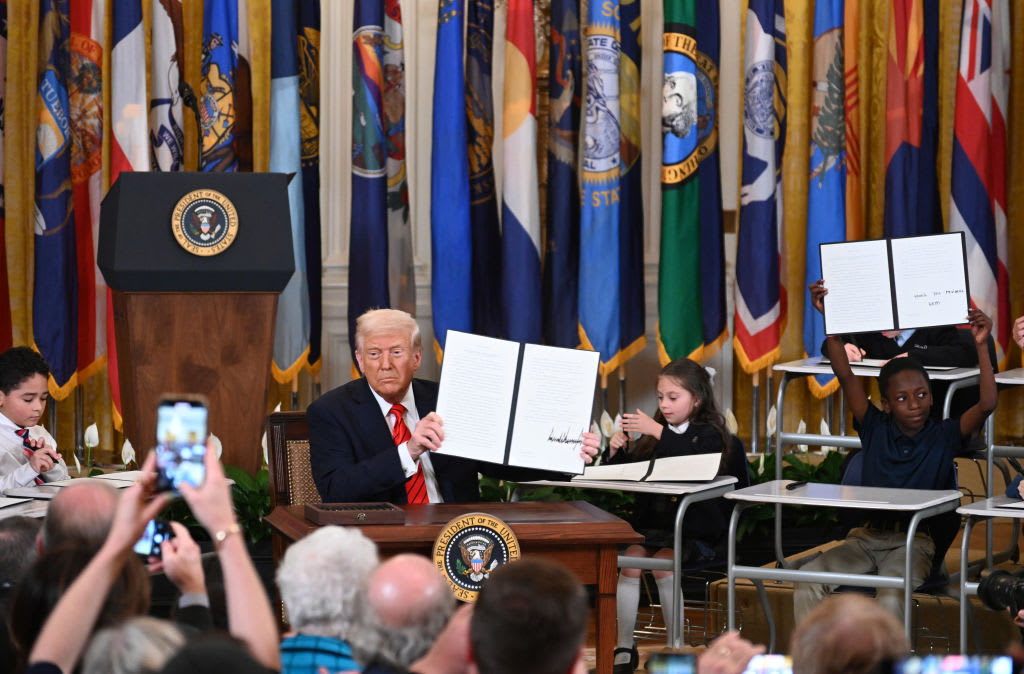Jobless claims edge up as latest COVID-19 wave takes toll
The number of U.S. workers filing for first-time unemployment benefits edged up to 332,000 last week from a pandemic low, a sign that rising COVID-19 infections could be weighing on the economy.
The numbers are an increase from 312,000 the prior week — the lowest weekly claims figure since the pandemic slammed the economy in March 2020.
Jobless claims rose 4,000 in Louisiana, evidence that Hurricane Ida has led to widespread job losses in that state. Ida will likely nick the economy's growth in the current July-September quarter, though repairs and rebuilding efforts are expected to regain those losses in the coming months. Ida shut down oil refineries in Louisiana and Mississippi about two weeks ago and left more than 1 million homes and businesses without electricity. But Ida's impact was limited: Applications for jobless aid fell slightly in Mississippi.
"We expect initial claims to resume their downward march toward pre-pandemic levels, but last week's data reminds us there will be bumps along the way," Nancy Vanden Houten, lead economist at Oxford Economics, said in a research note.
The job market and the broader economy have been slowed in recent weeks by rising numbers of COVID-19 cases, fueled by the hyper-infectious Delta variant, which has discouraged many Americans from traveling, staying in hotels and eating out.
Earlier this month, the government reported employers slowed hiring in August after having added roughly a million jobs in both June and July. While the unemployment rate dropped to 5.2%, from 5.4% in July, hiring fell in industries that require face-to-face contact with the public — notably restaurants, hotels and retailers.
August also saw Americans shift their spending dramatically, according to a separate government report Thursday. Sales at restaurants and bars were unchanged last month, while online sales soared 5.3%.
The steady fall in weekly applications for unemployment benefits coincides with a scaling-back of aid for jobless Americans. Last week, more than 8 million people lost all their unemployment benefits with the expiration of two federal programs that covered gig workers and people who have been jobless for more than six months. Those emergency programs were created in March 2020, when the pandemic first tore through the economy.
An additional 2.7 million people who are receiving regular state unemployment aid lost a $300-a-week federal unemployment supplement last week.
Economists expect the benefits cliff will lead fewer people to apply for benefits in coming weeks. But a full job market recovery won't happen until COVID-19 is under control, experts say.
"For the labor market, the health backdrop remains a key risk, especially if it continues to impact school reopenings and disrupts business operations," Rubeela Farooqi, chief economist at High Frequency Economics, said in a research note.



